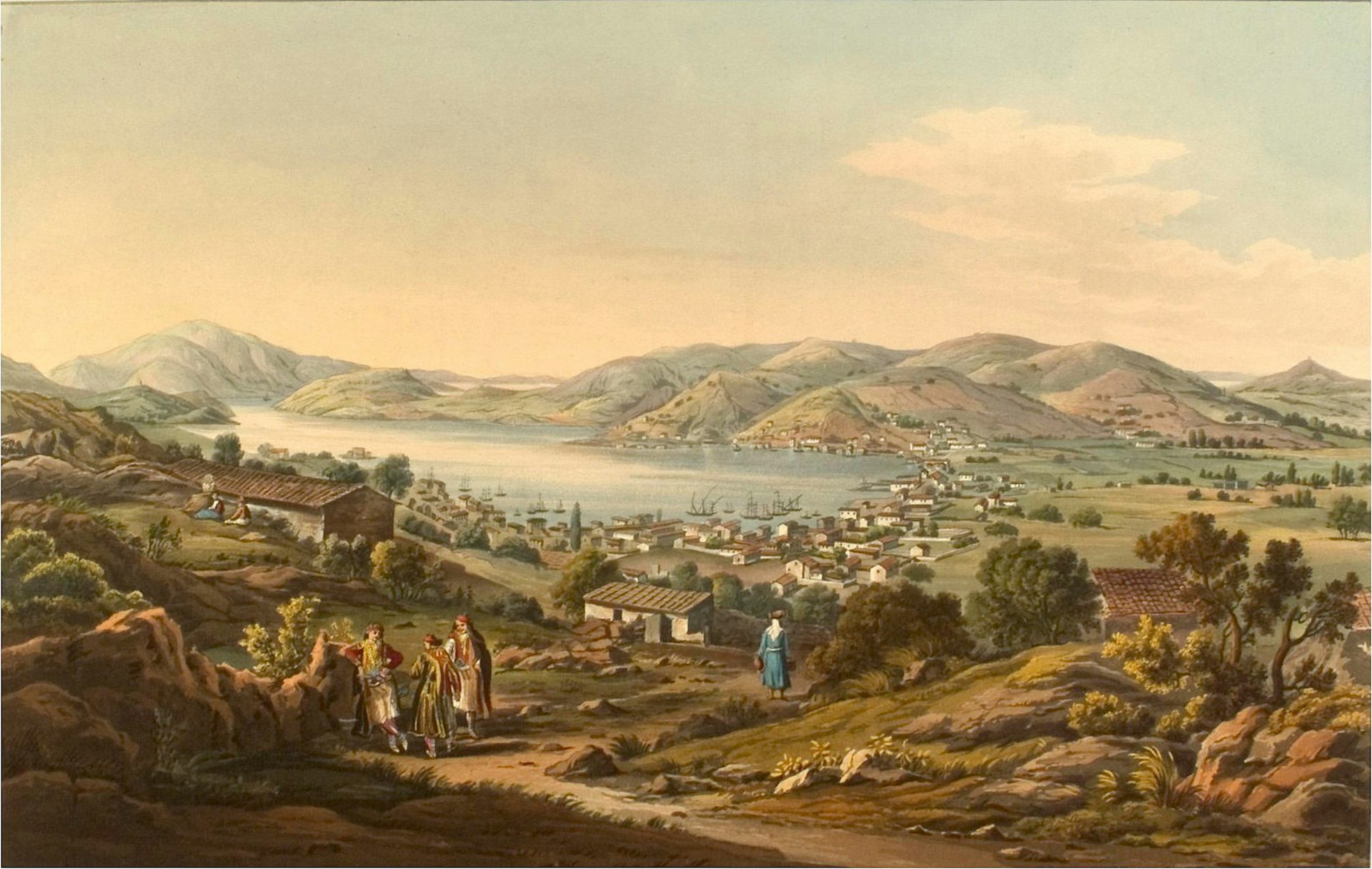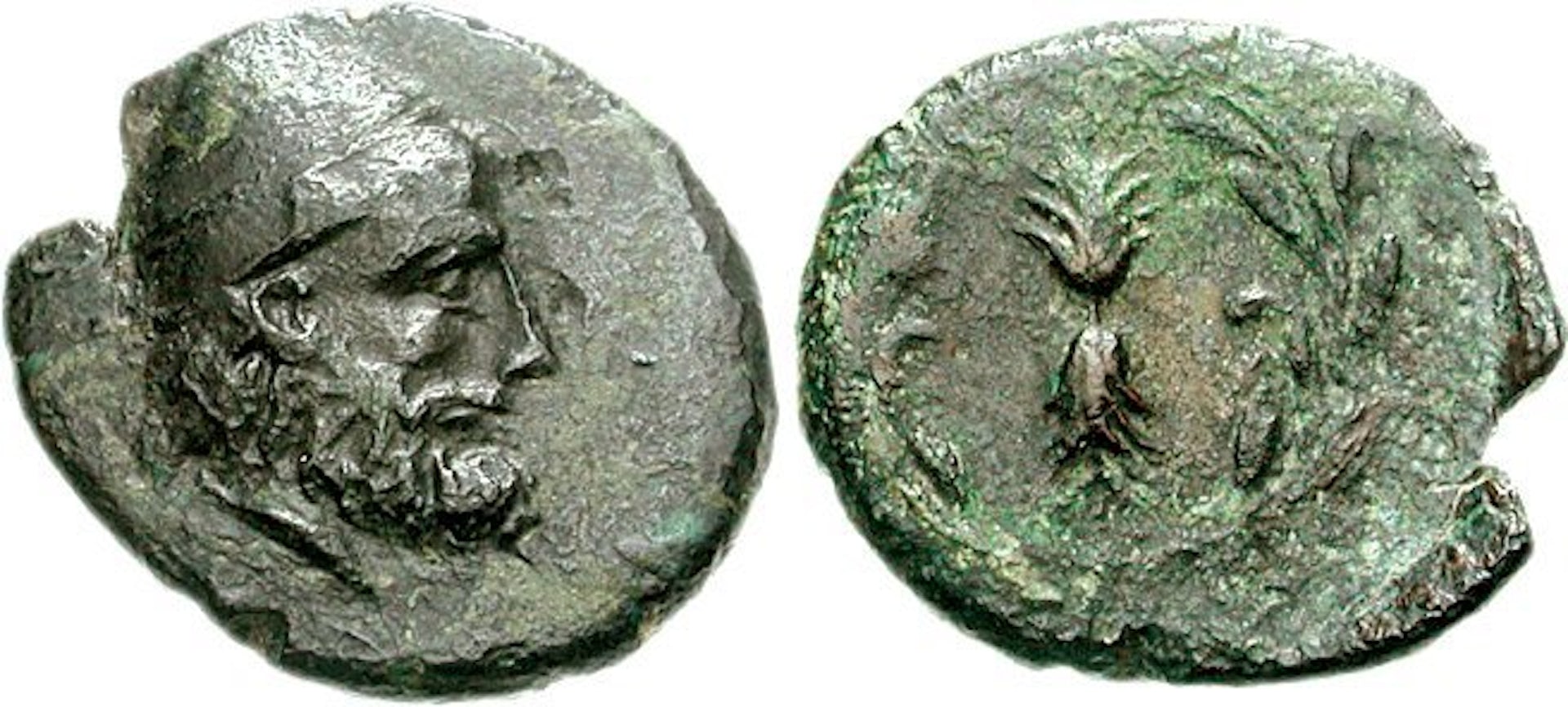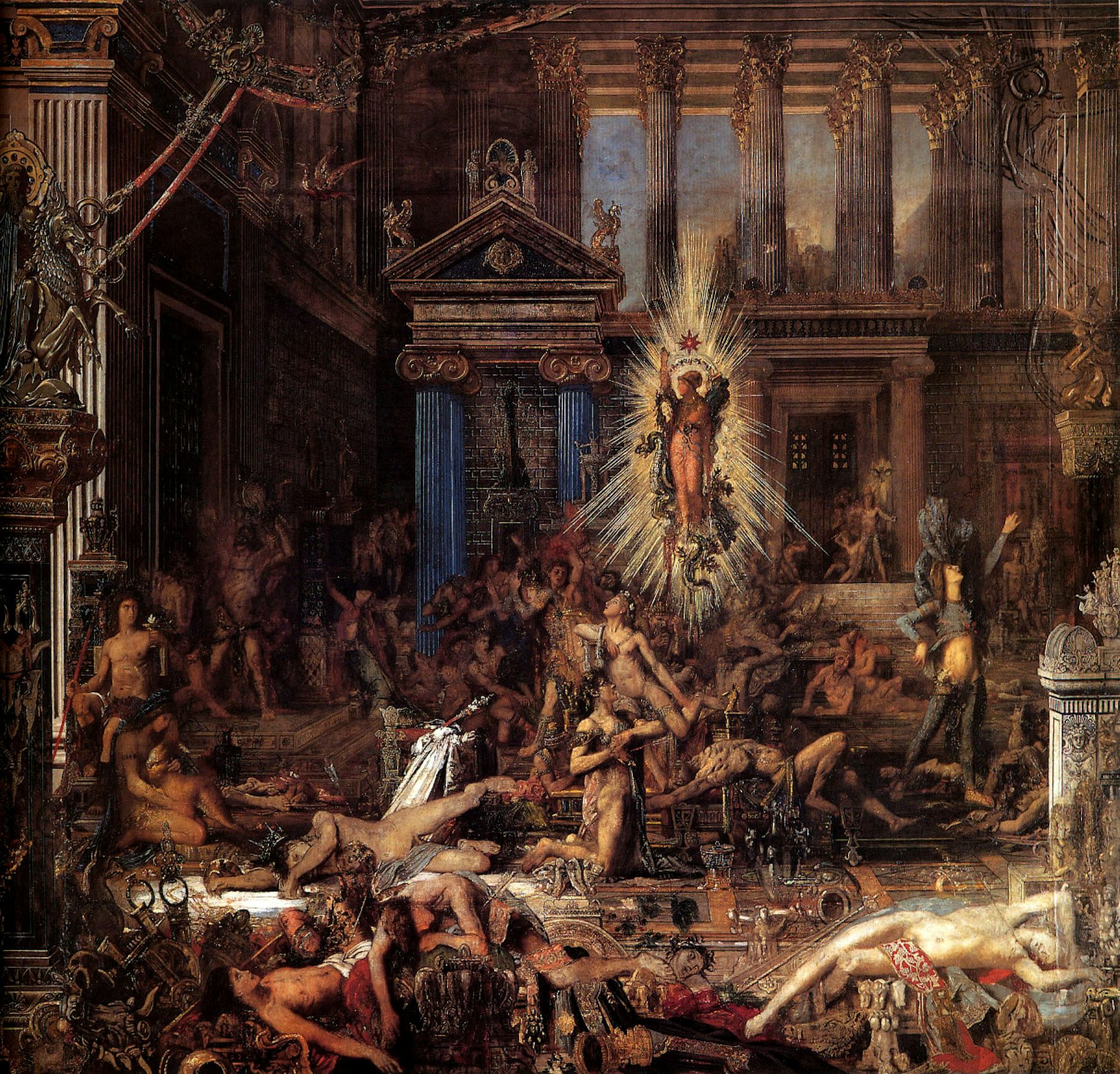Ithaca

Athena Appearing to Odysseus to Reveal the Island of Ithaca by Giuseppe Bottani (18th century)
Wikimedia CommonsPublic DomainOverview
Ithaca was a small and rocky island in the Ionian Sea, off the west coast of Greece. It was known as the home of the hero Odysseus and the capital of his kingdom. Since antiquity, Ithaca has usually been identified as an island between Cephallenia and Leucas, though some scholars debate whether this island (modern Ithaka) is the same as Homer’s Ithaca.[1]
Key Facts
Where was Ithaca located?
In Homer’s epics, Ithaca is described as an island off the coast of western Greece, home to the hero Odysseus. It is usually identified with modern Ithaka, a small and narrow island between Cephallenia and Leucas in the Ionian Sea.
However, scholars have long debated whether modern Ithaka is the same as Homer’s Ithaca, with some arguing that the “real” Ithaca is a different island in the Ionian Sea.

Port Bathy and Capital of Ithaca by Edward Dodwell (1821)
Wikimedia CommonsPublic DomainWho was the king of Ithaca?
The most important king of Ithaca was Odysseus, a hero who fought in the Trojan War. Odysseus’ father Laertes ruled before him.
The story of Odysseus’ drawn-out return to Ithaca after the Trojan War is the subject of the Odyssey, one of the Homeric epics. In this poem, Odysseus is away from his kingdom for a total of twenty years. Despite this prolonged absence, he is not replaced by a new king.

Coin from Ithaca showing Odysseus wearing a pileus (obverse) and a thunderbolt in a wreath (reverse) (300–191 BCE)
Classical Numismatics GroupCC BY-SA 3.0The Homecoming of Odysseus
Homer’s Odyssey tells the story of Odysseus’ return to his beloved Ithaca after the decade-long Trojan War. Due to the animosity of the gods, Odysseus is forced to wander the world for ten years; by the time he finally reaches Ithaca, he has lost all of his ships and companions.
Upon landing in Ithaca, Odysseus’ problems are not yet over. He discovers that a number of hotheaded young suitors have come to court his wife Penelope. With the help of Athena, Odysseus is able to infiltrate the suitors in disguise. Only after massacring the men does Odysseus finally reunite with his family and reassume control of his kingdom.

The Suitors by Gustave Moreau (between 1852 and 1853)
Musée Gustave Moreau, ParisPublic Domain